As she scrolled through her social media feed, Emily couldn't help but feel a sense of unease. Everywhere she looked, people were sharing the same generic tips and tricks for living a healthier lifestyle: "Drink more water," "Eat more fruits and veggies," and "Get enough sleep." It was as if the collective wisdom of the internet had been reduced to a series of bland, unhelpful bromides. But why was this happening? And what did it say about the way we consume and process information in the digital age?
The answer lies in the way we're using artificial intelligence and social media to navigate the world around us. According to Shiri Melumad, a professor at the Wharton School of the University of Pennsylvania, the rise of A.I.-generated summaries and social media algorithms is contributing to a phenomenon she calls "brain rot." It's a condition where our brains become accustomed to processing information in a shallow, surface-level way, rather than engaging with complex ideas and nuanced perspectives.
Last spring, Melumad conducted an experiment to test the effects of A.I.-generated summaries on our thinking. She gave a group of 250 people a simple writing assignment: Share advice with a friend on how to lead a healthier lifestyle. To come up with tips, some were allowed to use a traditional Google search, while others could rely only on summaries of information generated automatically with Google's artificial intelligence.
The results were striking. The people using A.I.-generated summaries wrote advice that was generic, obvious, and largely unhelpful. They told their friends to "eat healthy foods," "stay hydrated," and "get lots of sleep." But the people who found information with a traditional Google web search shared more nuanced advice about focusing on the various pillars of wellness, including physical, mental, and emotional health.
"This is not just about the quality of the information," Melumad says. "It's about the way we're processing it. When we're using A.I.-generated summaries, we're not really engaging with the information in a meaningful way. We're just skimming the surface, and that's not good for our brains."
The problem is compounded by social media algorithms, which prioritize content that's likely to engage us in the short term, rather than providing us with a well-rounded view of the world. As a result, we're exposed to a constant stream of clickbait headlines and shallow, surface-level information that reinforces our existing biases and assumptions.
"It's like we're living in a bubble," says Melumad. "We're not being challenged to think critically or engage with different perspectives. And that's not just a problem for individuals – it's a problem for society as a whole."
So what can we do to avoid the pitfalls of brain rot? Melumad suggests that we need to be more intentional about the way we consume information. We need to seek out diverse perspectives and engage with complex ideas, rather than relying on A.I.-generated summaries and social media algorithms. We need to be willing to challenge our assumptions and think critically, rather than just accepting the status quo.
As Emily scrolls through her social media feed, she's starting to realize that there's more to life than just generic tips and tricks. She's starting to seek out more nuanced perspectives and engage with complex ideas. And she's not alone. A growing movement of people is pushing back against the tide of brain rot, seeking out more meaningful and engaging ways to navigate the world around us.
In the end, it's up to us to decide what kind of information we want to consume and how we want to process it. We can choose to engage with the shallow, surface-level information that's so prevalent on social media, or we can seek out more nuanced perspectives and challenge ourselves to think critically. The choice is ours – and it's a choice that will have a profound impact on the way we live, think, and interact with the world around us.
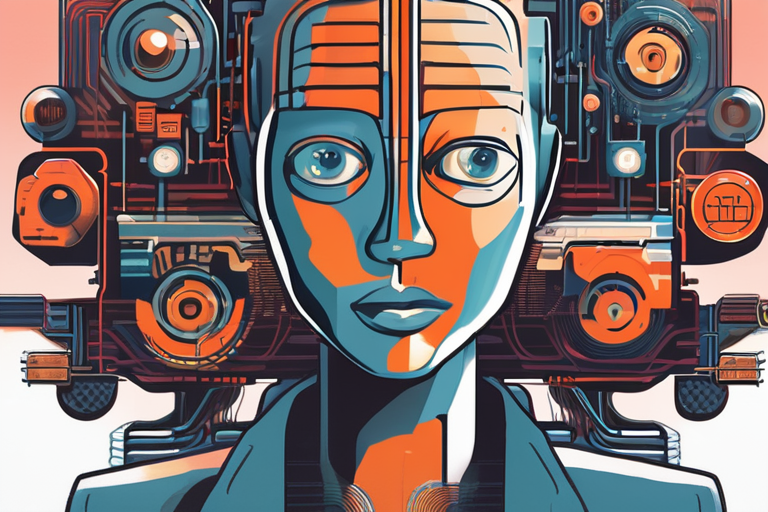


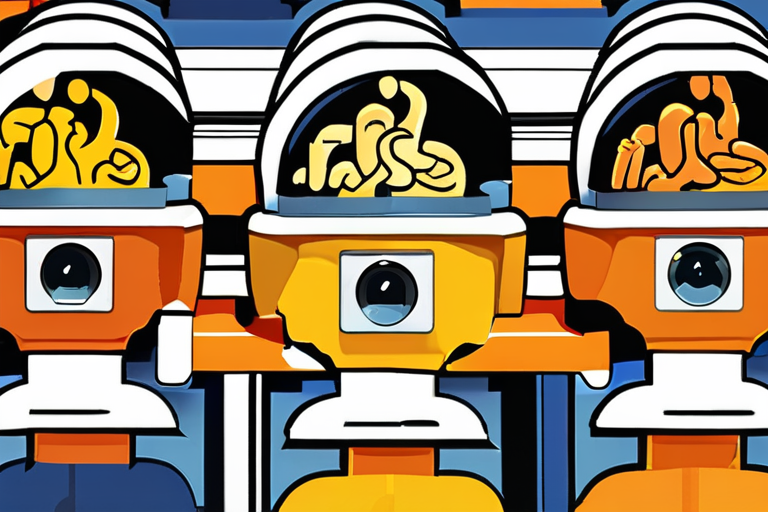

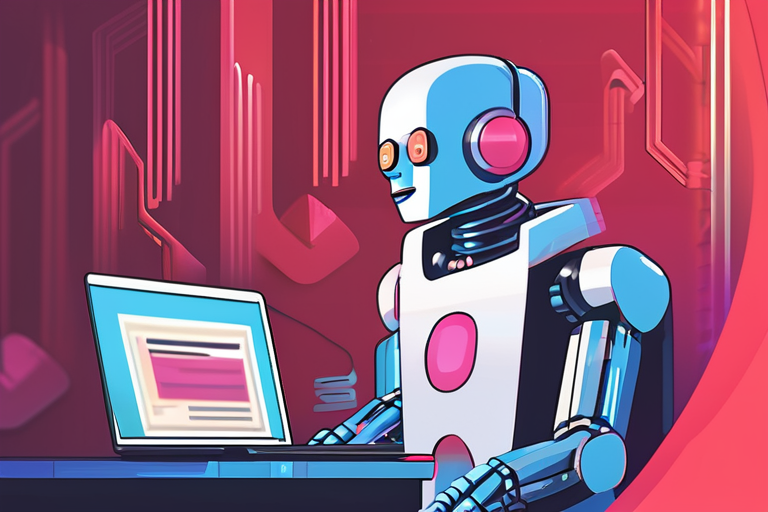
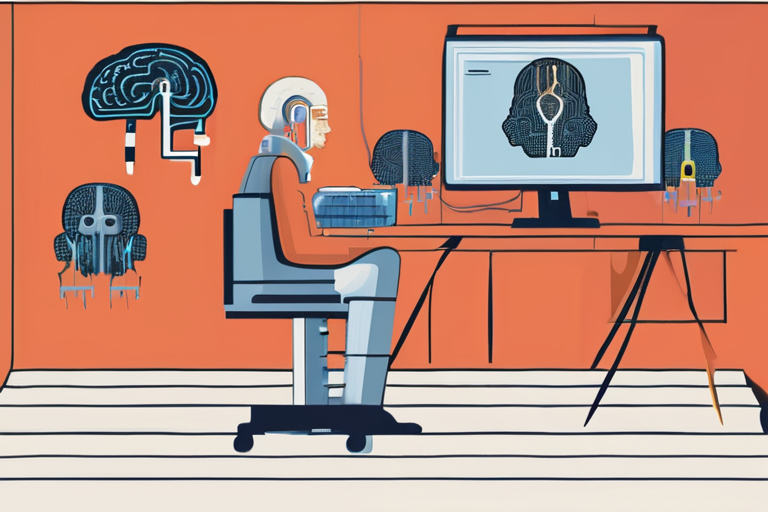
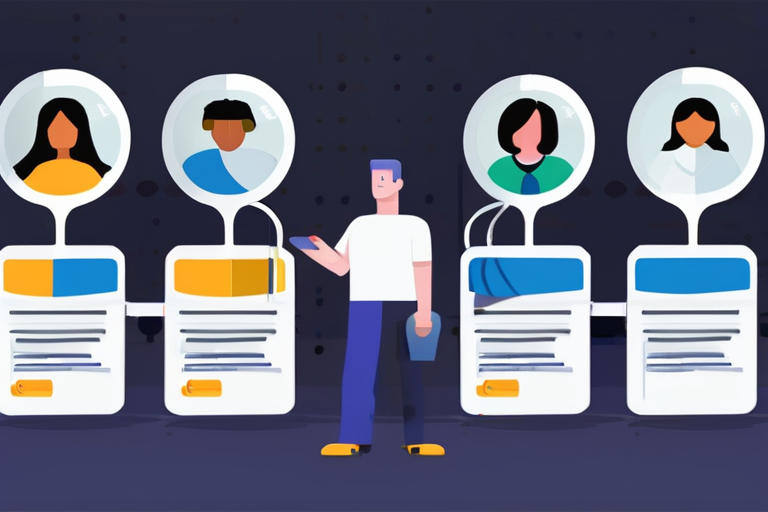

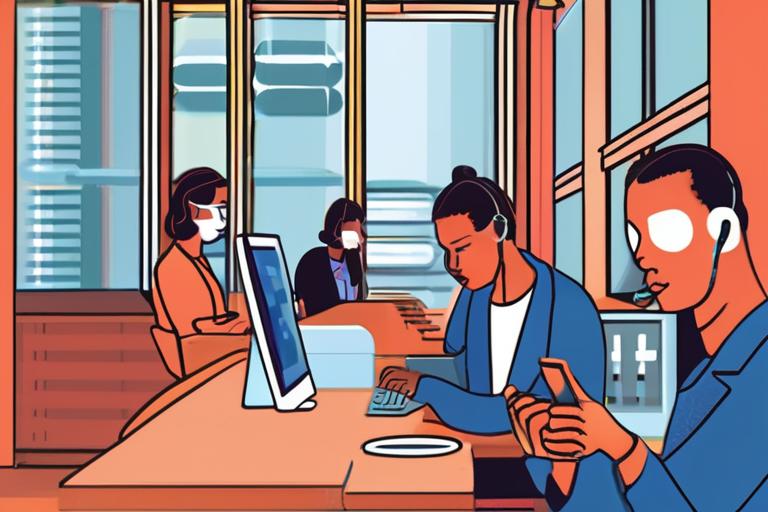

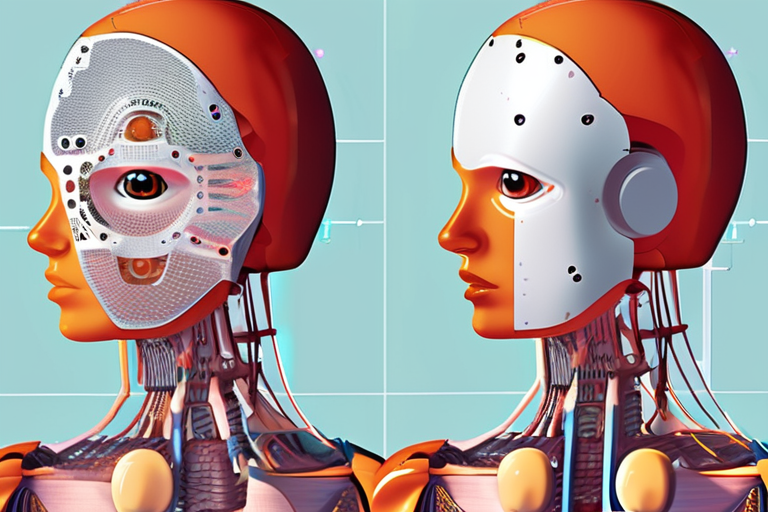


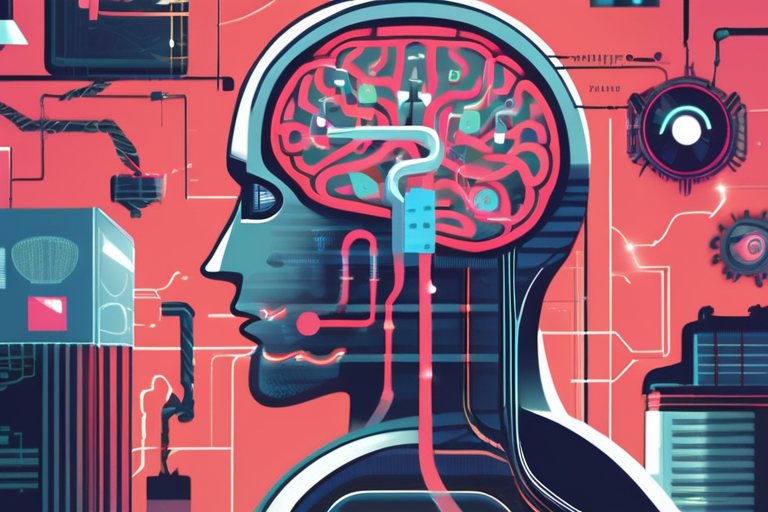




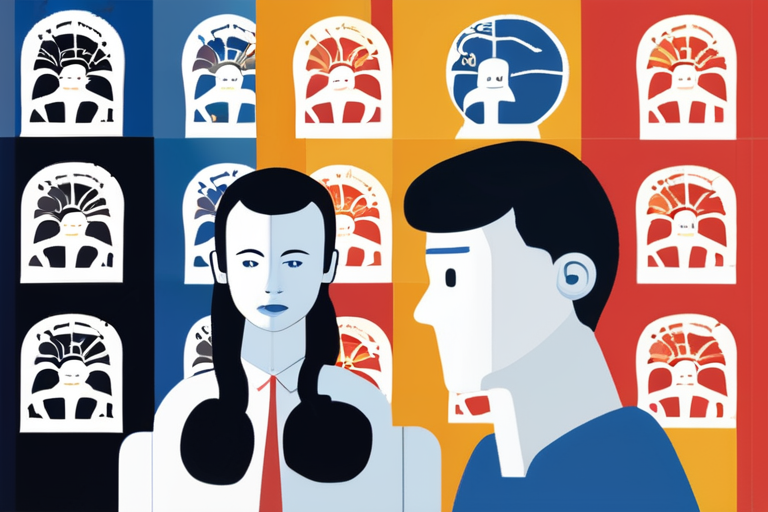

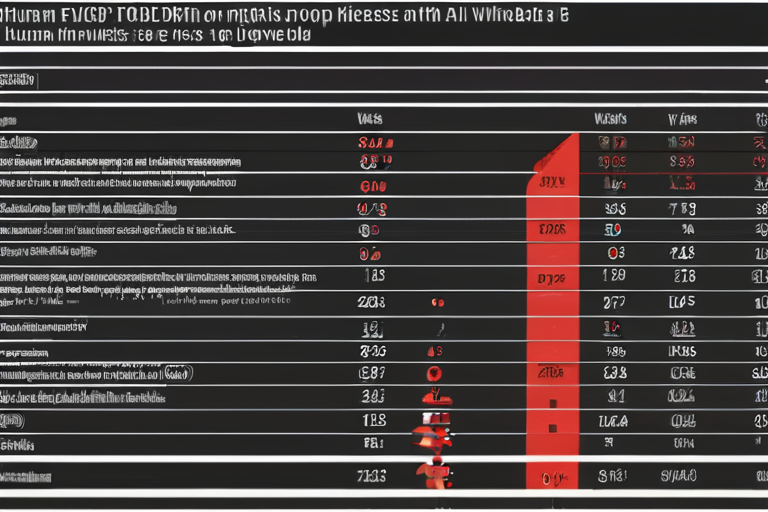

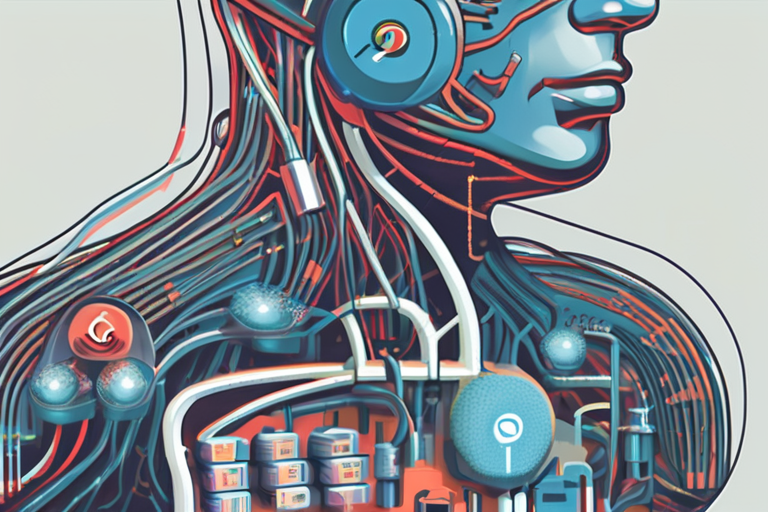


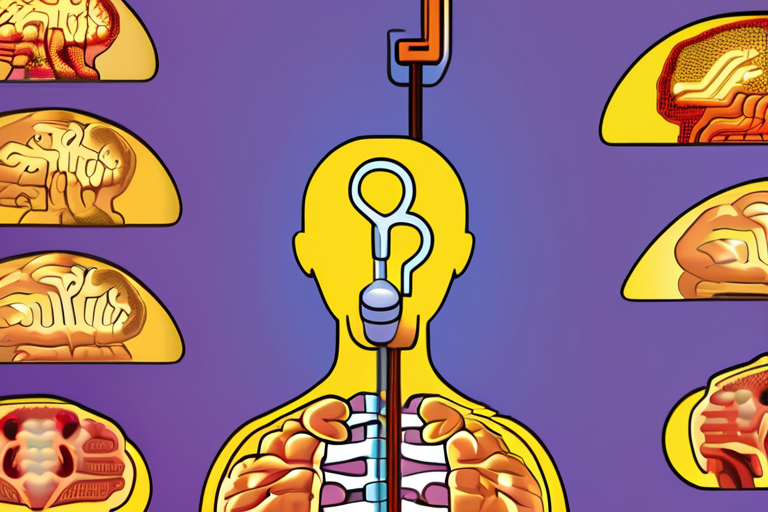
Share & Engage Share
Share this article